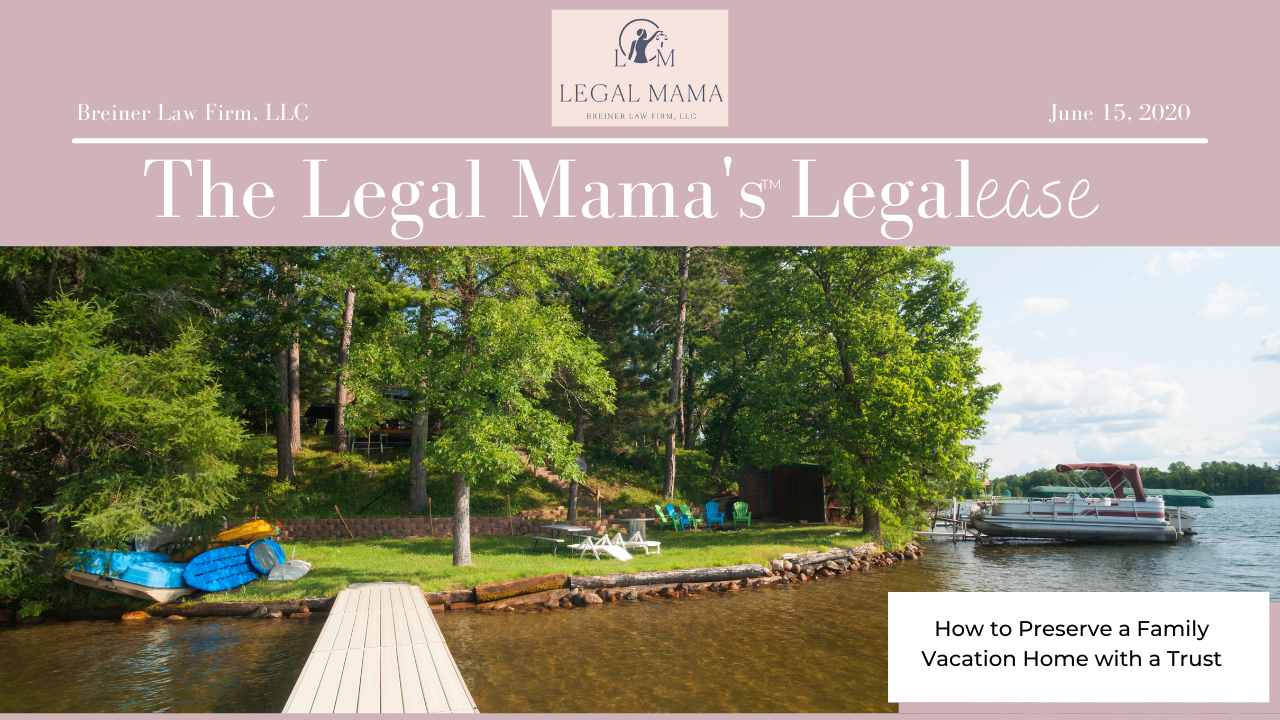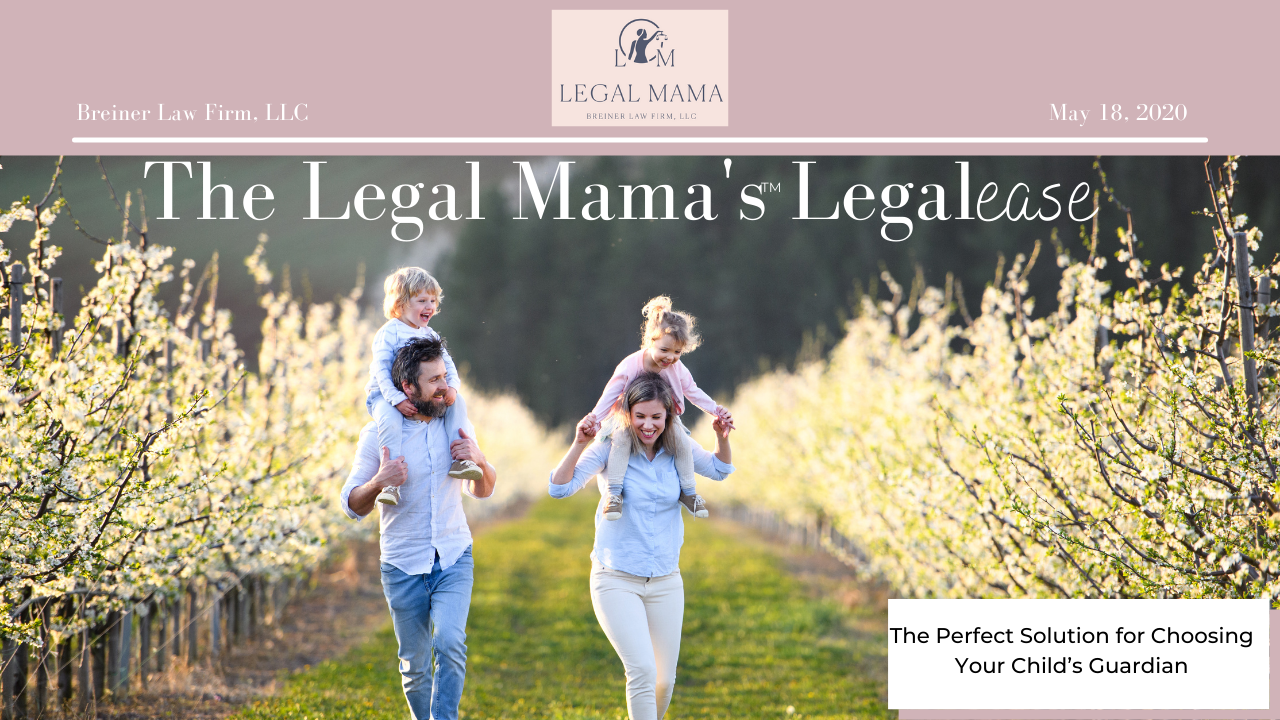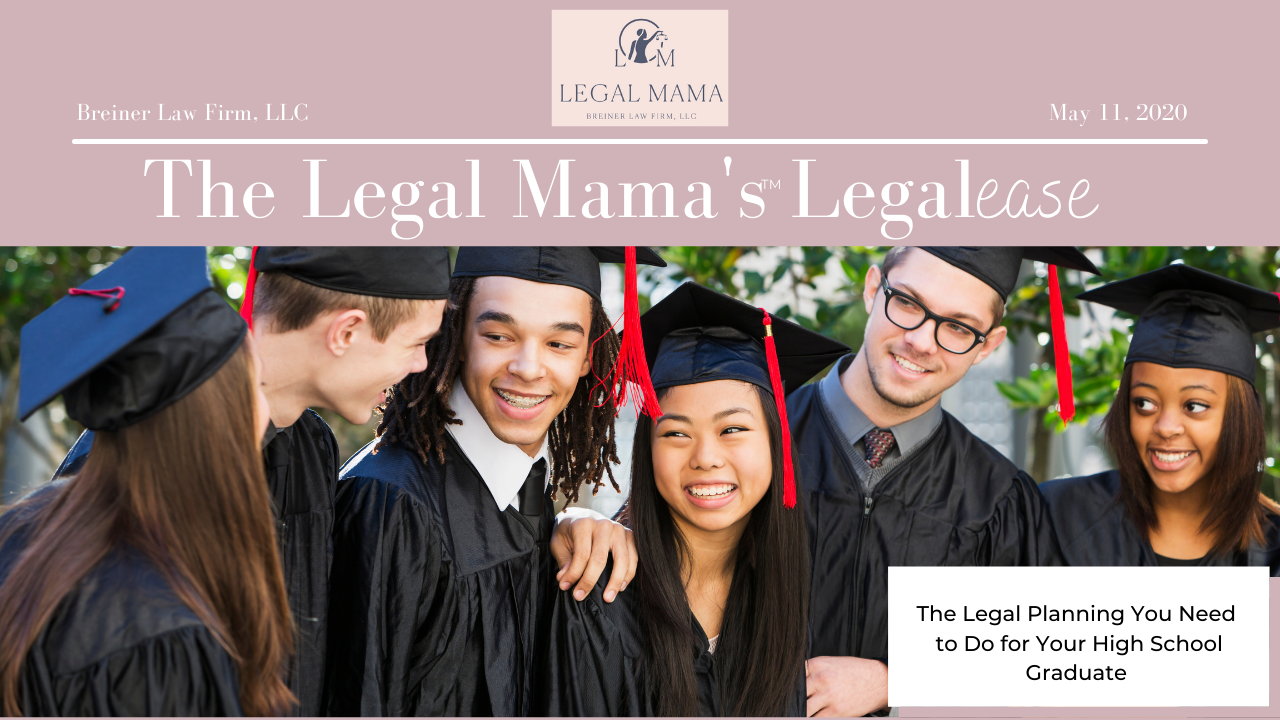Articles
Safeguard Your Children’s Inheritance with a Lifetime Asset Protection Trust


If you love crime documentaries and shows like 20/20 or Dateline as much as I do, then you probably remember this story in the headlines. In undergrad I dual majored in both pre-law and psychology. These types of stories fascinate me when it comes to the psychology of things like cults and how they play on a person's weakness - often to feel a place of belonging and inclusion when they have experienced loss. Though most of us are not dealing with this level of wealth, the amount of money is really irrelevant to the end message. However much you have worked to build and save, you intend to pass that on to your heirs, and the lessons of asset protection remain the same. Read below as I walk through an example of extreme wealth and one of modest inheritance and how a Lifetime Asset Protection Trust could have avoided loss of inheritance in both scenarios.
Cults? Really??
When you create your estate plan, the idea that one of your adult children would ever use their...
Before Your Kids Leave for College, Make Sure They Sign These Documents

With high school graduation behind us, and summer half over, many parents will soon watch their children become adults (at least in the eyes of the law) and leave home to pursue their education and career goals.
Turning 18, graduating high school, and moving out is a huge accomplishment. It also comes with some serious responsibilities that probably aren’t at the forefront of their (or your) mind right now. Once your children become legal adults, many areas that were once under your control are now solely up to them.
Here’s the big one: Before they turned 18, you had access to their financial accounts and had the power to make all of their healthcare decisions. After they turn 18, however, you’re no longer able to do either.
Before your kids head out into the world, you should discuss this with them and have them sign some key estate planning documents. One you do that, if they become incapacitated, you can easily access their medical records and financial accounts...
The Key Differences Between Wills and Trusts


When discussing estate planning, a will is what most people think of first. Indeed, wills have been the most popular method for passing on assets to heirs for hundreds of years. But wills aren’t your only option. And if you rely on a will alone to pass on what matters, you’re guaranteeing your family has to go to court when you die.
In contrast, other estate planning vehicles, such as trusts, which used to be available only to the uber wealthy, are now being used by those of all income levels and asset values to keep their loved ones out of the court process.
But determining whether a will or a trust is best for you depends entirely on your personal circumstances. And the fact that estate planning has changed so much makes choosing the right tool for the job even more complex.
The best way for you to determine the truly right solution for your family is to meet with me as your Personal Family Lawyer® for a Family Wealth Planning Session™. During that...
7 Processes to Complete With Your Parents Before They Die

In a Facebook post last year “Processes to go through with your parents before they die,” Daniel Schmachtenberger, founder of the Critical Path Institute, outlined seven simple exercises to use with your parents that can offer significant healing and completion for their life and yours.
While Daniel shared these processes in the context of the impending death of a parent, the reality is that your parents are heading toward death, even if there is no official diagnosis. Sheesh man. That said (I never want to type that out again) starting these processes when mortality isn’t immediately on the table is even better. Phew, let's look at that option.
1. Help them make a timeline of their life
Create a timeline of all the big events in their life, starting with birth and their earliest memories up to the present. This is a great way to get to know them even better while you still can. Recalling their life through these stories can help them harvest the...
Why A Will Is Not A Suitable Option for Protecting Your Pet

Lots of people consider their pets to be members of their family; I know we do! Indeed, pets can become our closest companions. As such, it’s only natural you’d want to make sure your furry friend is provided for in your estate plan, so when you die or if you become incapacitated, your beloved companion won’t end up in an animal shelter or worse.
However, unlike your human family members, pets are considered your personal property under the law, so you can’t just name them as a beneficiary in your will or trust. If you do name your pet as a beneficiary in your plan, whatever money you tried to leave to it would go to your residuary beneficiary (the individual who gets everything not specifically left to your other named beneficiaries), who would have no obligation to care for your pet.
Wills aren’t a good option
Since you can’t name your pet as a beneficiary, your first alternative might be to leave your pet and money for its care in your will to...
How to Preserve a Family Vacation Home with a Trust

If you are fortunate enough to have a family vacation home, you know the emotional value it holds for every member of your family. Many cherished family memories are rooted in a special place, which makes it important for current and future generations to preserve it properly.
A trust is often a good choice when the current owners – parents or grandparents – are concerned that joint ownership could lead to disagreements or that maintenance costs may prove too great for the next generation to manage.
Instead of dividing ownership, you can establish a trust to hold title of the property and fund an endowment to handle maintenance expenses. Minnesota is famous (in the legal world) for its cabin trusts! In addition, to avoid paying custodial fees to the trust, you can set up a limited liability company to hold the endowment within the trust.
Once the LLC is registered in the state where the vacation property is located and the trust is created,...
I Don’t Have Kids, So Why Do I Need Estate Planning? Part 2

Last week, I shared the first part of my series on the importance of estate planning for those without children. If you haven’t read it yet, you can do so here. Here in part two, we discuss the other risks involved for those who forego estate planning.
Someone will have power over your health care
Estate planning isn’t just about passing on your assets when you die. In fact, some of the most critical parts of planning have nothing to do with your money at all, but are aimed at protecting you while you’re still very much alive.
Advance planning allows you to name the person you want to make healthcare decisions for you if you’re incapacitated and unable to make decisions yourself.
For example, if you’re temporarily unconscious following a car accident or an illness like COVID, and unable to give doctors permission to perform a potentially risky medical treatment, it’s not always clear who’ll be asked to make that decision for you.
If...
I Don’t Have Kids, So Why Do I Need Estate Planning? Part 1

It’s a common misconception to think that if you don’t have children, you don’t need to worry about estate planning. But the fact is, it can be even MORE important to do estate planning if you have no children.
Some of the common thoughts behind this mistaken belief may take one of these forms:
“If I die, everything will pass to my spouse anyway, so why bother?”
“I’m single with little wealth, so who cares who gets my few meager assets?”
“Estate planning is an expensive hassle and it doesn’t even benefit me because I’ll be dead, so I’m better off letting a judge handle things.”
This kind of thinking ignores several basic facts about both estate planning and life in general. Regardless of your marital status, if you don’t have children, you face potential estate-planning complications which those with children do not. And this is true whether you’re wealthy or have very limited assets.
Without...
The Perfect Solution for Choosing Your Child’s Guardian

If you have minor children and have not yet selected a guardian, you are not unlike many parents who put off this critically important task while waiting for the perfect solution to present itself.
Or perhaps you and your spouse/partner cannot agree on who would be the ideal guardian for your kids...
Here is your solution: Done is better than perfect. Especially here.
If you do nothing, the decision about who would raise your children (if something were to happen to you) would be left up to a judge to decide. A judge who doesn’t know you, doesn’t know what’s important to you, and doesn’t know your children, will make all the decisions about who cares for the people who are most important to you in the world.
I know that’s not what you want.
And, truth is… there may never be a perfect solution for you, but there is definitely a solution that is better than your children being raised by someone you didn’t choose.
...
The Legal Planning You Need to Do for Your High School Graduate

The Legal Planning You Need to Do for Your High School Graduate
If you’re the parent of a high school graduate this year, congratulations! You’ve put in a lot of time and effort toward their earning that diploma, and whatever their next step in life will be, you likely want to protect them just as much as you did while they were still in high school.
But before you pack that kid off to college or just an apartment across town, you need to know that when they leave, they will be taking some of the legal rights you had before they turned 18 with them.
Once a child turns 18, they are no longer considered a child in the eyes of the law. And you no longer have the legal right to access their health care, school, or banking records without their permission. Here are some steps you should take before your child leaves the nest that will help ensure your peace of mind and their safety:
Create an advance healthcare directive. Once your child is...




